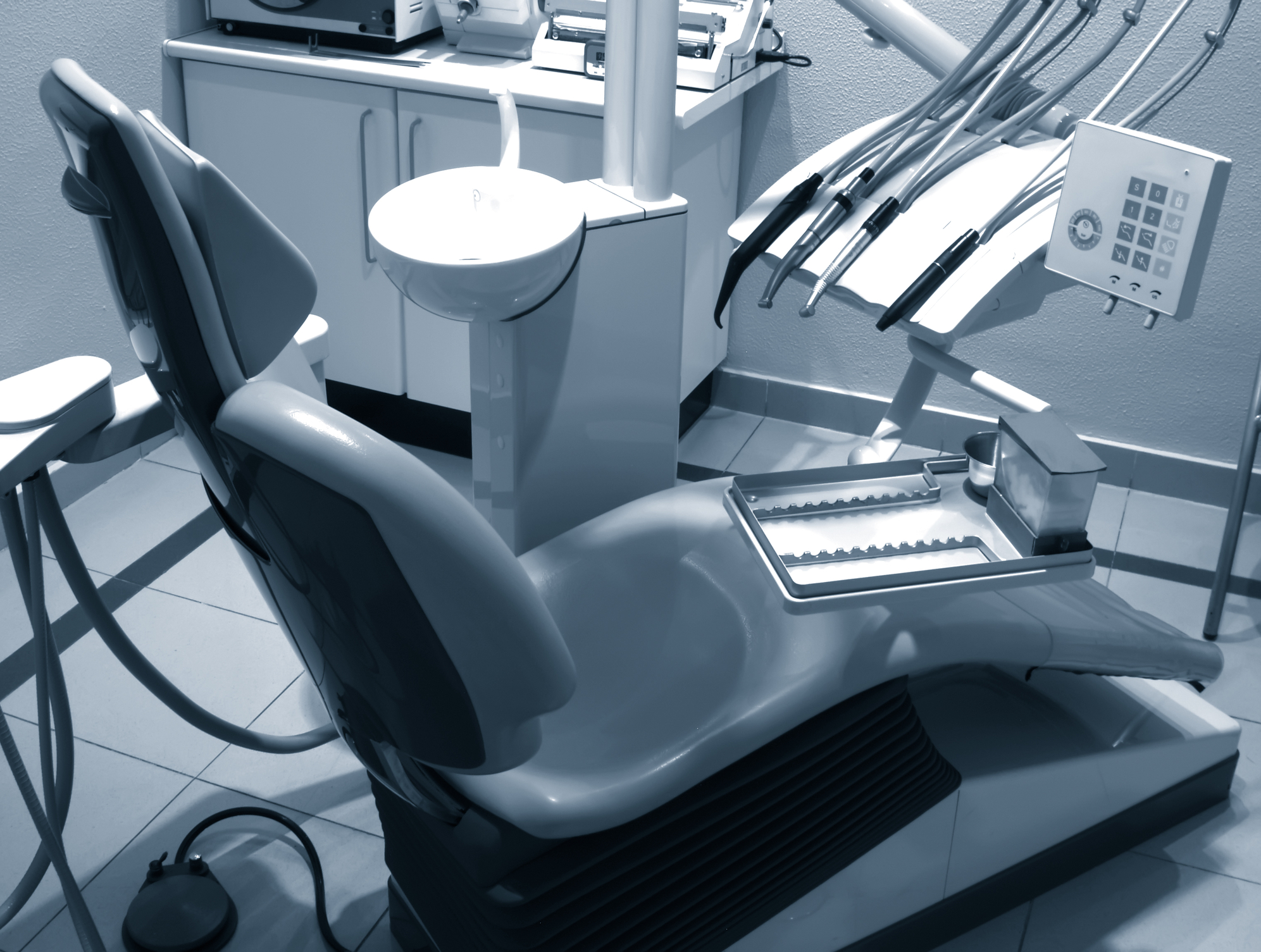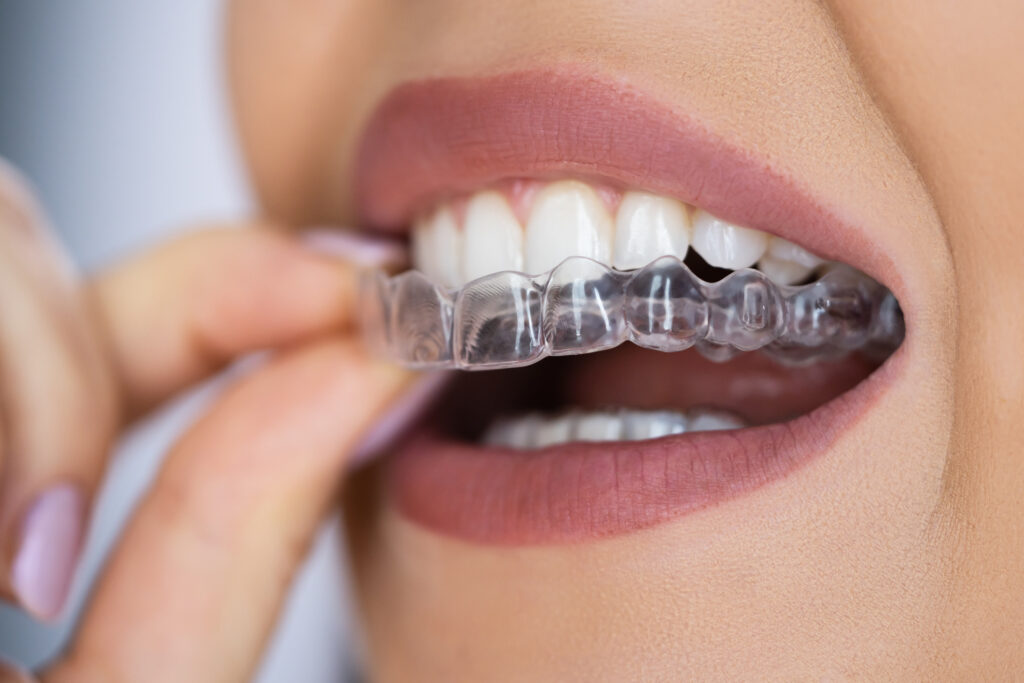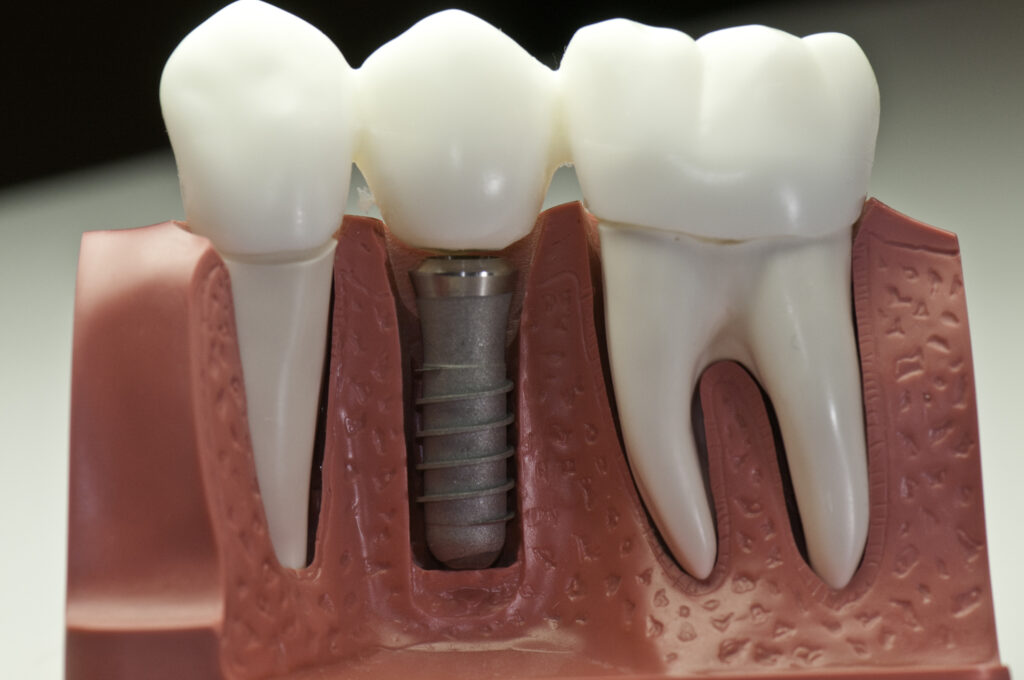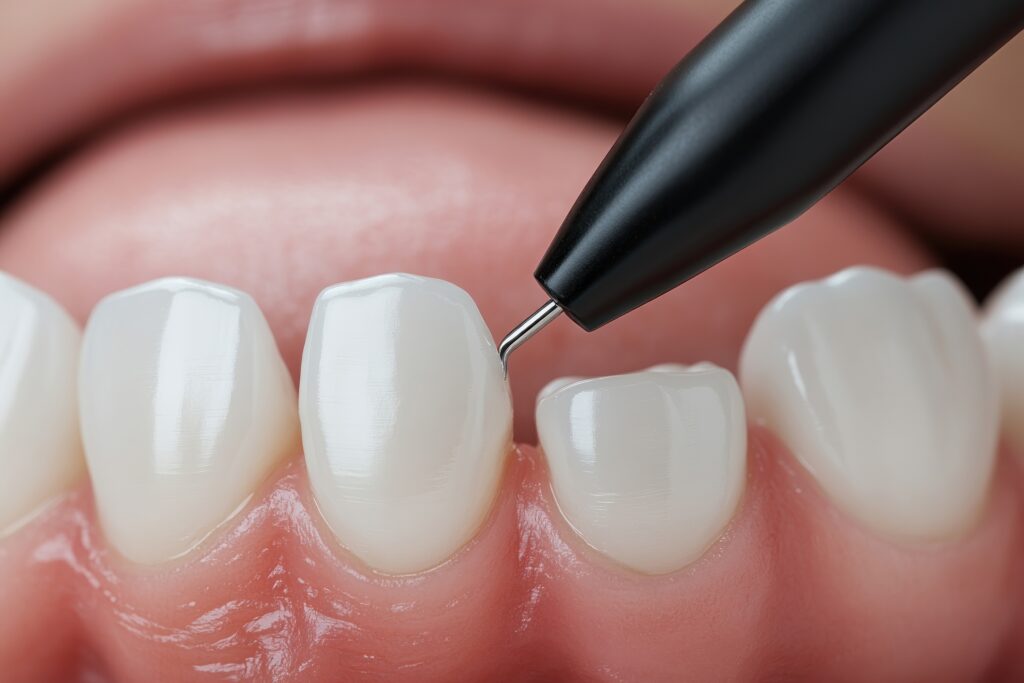Fear is a powerful emotion, especially when it keeps us from taking care of ourselves. For millions of people, the idea of sitting in a dentist’s chair triggers intense anxiety, sometimes strong enough to delay checkups for years. But what if we told you that facing this fear could do more than protect your smile? It could actually unlock better overall health, improved self-confidence, and even peace of mind.
This article explores how overcoming dental fear can support whole-body wellness, the real consequences of avoidance, and how you can gently take steps toward reclaiming both your oral and general health.
What Is Dental Fear and Why Does It Matter?
Dental fear, often referred to as dental anxiety or dental phobia, ranges from mild unease to full-blown panic at the thought of dental visits. It can be triggered by various factors: a traumatic experience, fear of pain or needles, embarrassment over neglected teeth, or simply a fear of losing control in the chair.
While dental anxiety is common, it’s far from harmless. Many people avoid routine cleanings or ignore signs of trouble until the problem becomes too painful to bear. This kind of delay can allow cavities, gum disease, and infections to progress, often leading to more invasive treatments later.
The truth is, untreated dental problems don’t just stay in the mouth. They can affect your heart, lungs, digestive system, and immune response. Facing dental fear isn’t just about teeth; it’s about your whole body.
If you’re unsure how to begin addressing your fear, check out these dental anxiety tips from Fresh Dental to guide your first steps with confidence.
The Hidden Health Consequences of Avoiding the Dentist
It’s easy to underestimate the impact of skipping a dental appointment here or there. But oral health is deeply connected to systemic health. For example:
- Gum disease has been linked to an increased risk of heart disease and stroke due to the spread of inflammation.
- Untreated tooth infections can allow harmful bacteria to enter the bloodstream, affecting respiratory health or even leading to sepsis in extreme cases.
- Poor oral hygiene can worsen diabetes by contributing to unstable blood sugar levels.
Even the seemingly minor issue of missing or damaged teeth can impact digestion, as chewing efficiency directly affects nutrient absorption. Oral infections and chronic inflammation also weaken the immune system, making it harder for the body to recover from illness or injury.
The Body-Mind Connection: How Dental Fear Affects Mental Wellness
Dental anxiety doesn’t just create physical consequences; it takes a psychological toll, too. People who avoid the dentist often carry feelings of guilt, embarrassment, or shame. They might cover their mouths when speaking, avoid smiling, or isolate themselves socially due to self-consciousness.
This emotional weight can lead to broader mental health challenges, such as low self-esteem, heightened anxiety, or depression. The fear becomes a cycle: avoidance leads to worsening oral health, which increases embarrassment, which deepens the fear.
Breaking that cycle can create a powerful shift. Patients often report feeling more empowered and emotionally lighter once they finally take steps toward care.
From Fearful to Fear-Free: Tools That Help Break the Cycle
Fortunately, dentistry has evolved. Today’s professionals recognise the seriousness of dental fear and offer compassionate, modern tools to help patients feel safe and in control. These include:
- Sedation options like oral sedation, nitrous oxide (laughing gas), and IV sedation are used to ease anxiety.
- Trauma-informed care, where dentists prioritise gentle communication and patient consent every step of the way.
- Comfort-focused environments offer distractions like noise-cancelling headphones, TV screens, or calming scents.
One of the most helpful things a nervous patient can do is read reviews from actual patients. Knowing that others with similar fears had positive experiences can provide reassurance and confidence in choosing the right dental provider.
Whole-Body Wellness: The Benefits of Facing Dental Fear
Once dental fear is addressed and regular care resumes, the benefits ripple through the entire body:
- Lower inflammation supports a healthier heart and immune system.
- Improved chewing and digestion contribute to better nutrition and energy.
- Fresh breath and a healthier smile increase self-confidence and social comfort.
- Better sleep, especially when oral pain or teeth grinding has been a problem, leads to more restful nights and sharper focus during the day.
The emotional transformation is just as significant. Many people report feeling a sense of pride, peace, and empowerment once they finally take control of their oral health. Overcoming one fear often sparks momentum in other areas of wellness.
How to Take the First Step Gently and Mindfully
Starting doesn’t have to mean jumping straight into a cleaning or procedure. Begin with a phone call or a consultation. Let the staff know about your anxiety; they’re trained to help. Consider:
- Bring a friend or loved one for support.
- Scheduling an early appointment to minimise stress buildup.
- Practising deep breathing or guided meditation before and during the visit.
- Requesting a “stop signal” so you feel in control at all times.
The key is progress, not perfection. Even booking the first appointment is a win.
Conclusion: Small Steps, Big Healing
Dental fear is real, but it’s also something you can overcome. Facing it not only protects your teeth but also boosts your overall health, encompassing both physical and mental well-being. The healing journey doesn’t require giant leaps. It begins with a single, brave step, and often, it begins with a smile.
If you’ve been putting off your care, know this: you’re not alone, and it’s never too late to prioritise your well-being. A healthier, happier you is just around the corner.
Disclaimer
The content provided in The Healing Begins with a Smile: How Facing Dental Fear Improved Whole-Body Wellness is intended for informational purposes only and should not be considered a substitute for professional medical or dental advice, diagnosis, or treatment. Always seek the guidance of your dentist, doctor, or other qualified health provider with any questions you may have regarding a medical or dental condition. Never disregard professional advice or delay seeking it because of something you have read on Open Medscience. Opinions expressed in this article are those of the author(s) and do not necessarily reflect the views of Open Medscience or its affiliates.




